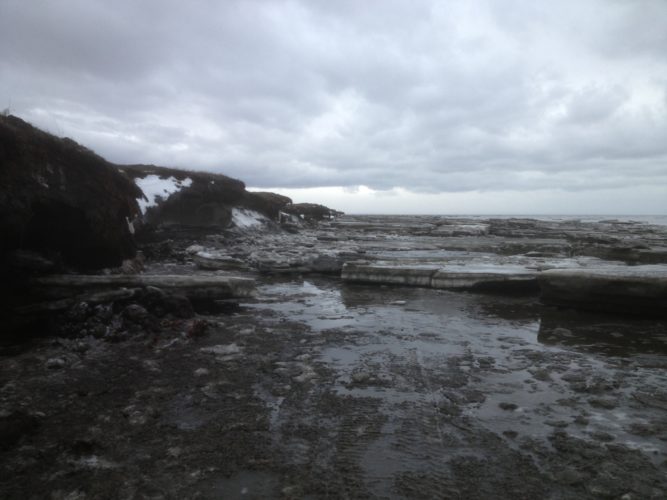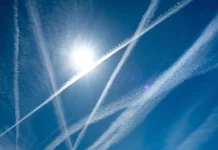Residents of the Yup’ik Eskimo village of Quinhagak first called in archaeologists from the University of Aberdeen in 2009 to carry out a rescue dig after observing their coastline being washed away as a consequence of global warming. Now, this race to save one of the world’s best preserved examples of a lost society has been boosted by a major £1million research grant.

Organic elements from human hair to woven grass baskets to wooden planking had been preserved in the permafrost for centuries after the village was abandoned around 1650, but rising global temperatures are melting the permafrost leaving behind brittle soil that is particularly susceptible to erosion. Add the rising sea levels and extreme weather events battering the coast and you have a recipe for destruction. Since that first excavation season (2009), the coastline has lost more than 30 feet.
The efforts to excavate the archaeological remains of the Yup’ik Eskimo village of Nunalleq before climate change erodes it into the Bering Sea have been markedly boosted by a £1.1 million in ($1,800,000) research grant from the Arts and Humanities Research Council.
Well, it’s time that people think about lost societies. It’s time to go back to our roots, to reintroduce lost skills back into communities and to help the local young people interested in their heritage!
(Source)












